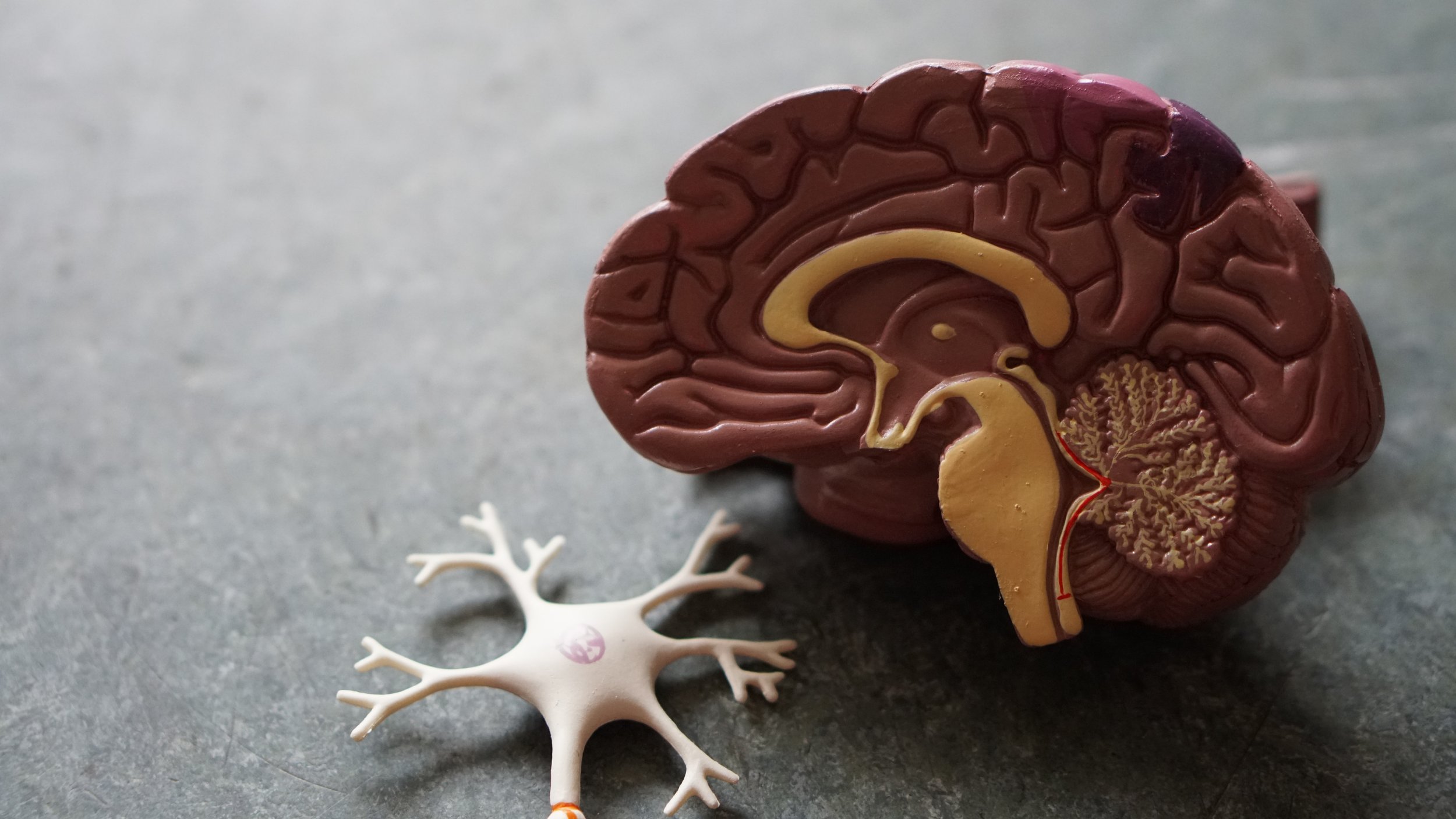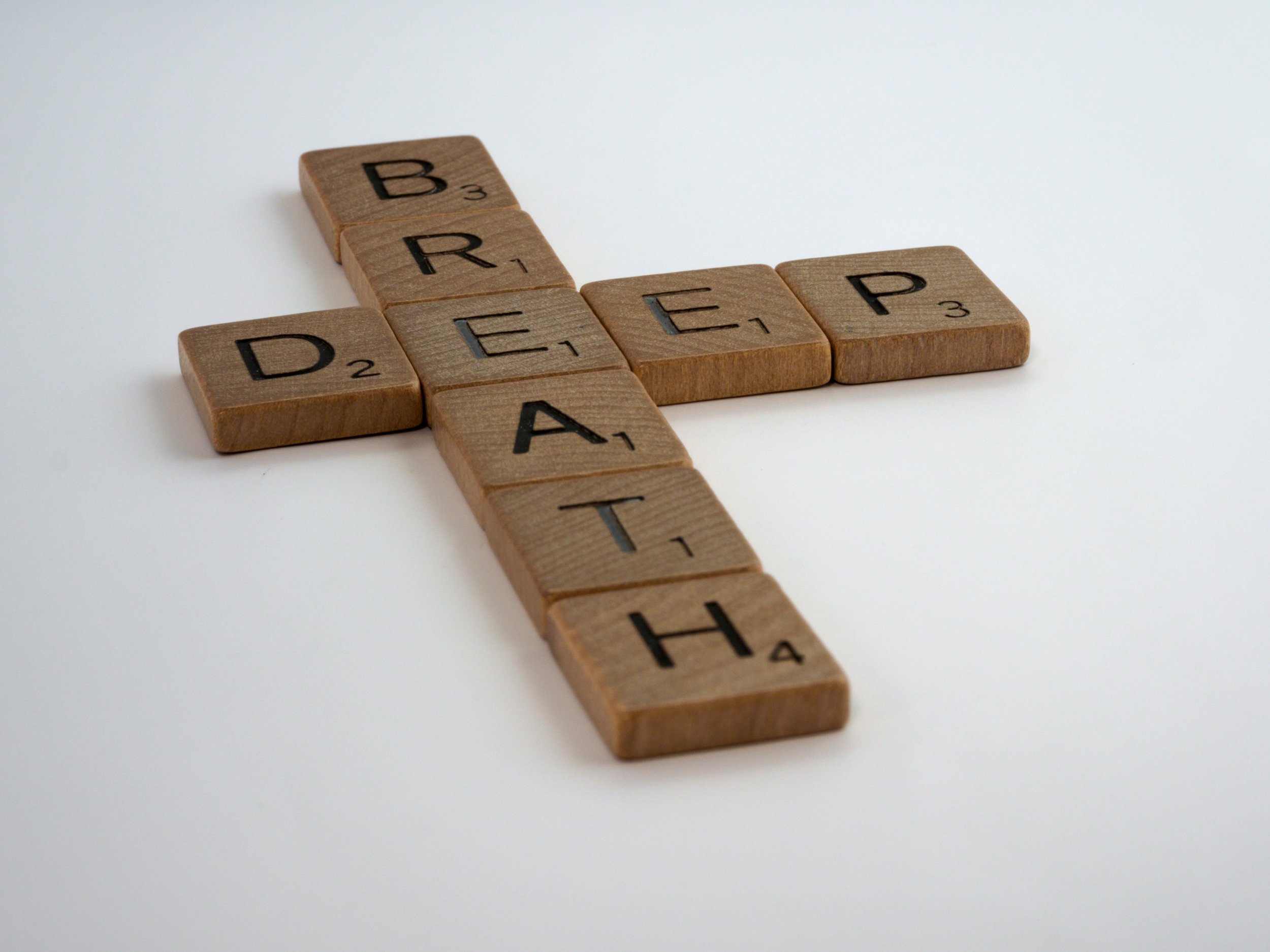Rest and Destress: the vagus nerve and mental wellbeing
You’ve probably heard time and time again that breathing exercises and meditation are hugely beneficial to your mental wellbeing. I know I’m shouting this from the rooftops on a daily basis because I have experienced first hand how impactful these practices can be. But I’m all about backing up anecdotal experiences with hard, scientific data and learning what is really going on in the body to bring about these positive changes.
There is a lot going on internally when we work with our breath and move our bodies, but I want to focus on one particular area which benefits from this activity - the vagus nerve. This incredible structure plays a big role in stress reduction and if we learn to stimulate it through slow breathing, gentle movement or mindfulness activities, we can embark on a powerful journey of improving our mental wellbeing.
What is the vagus nerve?
The vagus nerve is one of the longest nerves in the body. It is a two-way communication channel between the brain and major organs in the body, including the lungs, heart and the gut. As the main nerve pathway of the parasympathetic nervous system, it plays a key role in the body’s relaxation response by picking up signals from the body (eg. breath rate and heart rate) and sending it back to the brain for interpretation and analysis.
The function of the vagus nerve is dependent on the level of vagal tone an individual has. An individual with strong vagal tone may be able to relax quicker after stressful situations, and have a generally higher level of mental wellbeing. Whereas someone with lower vagal tone might have a heightened stress response or find themselves encountering mental health issues like anxiety or depression.
Checking vagal tone
The vagus nerve controls Heart Rate Variability (HRV). When you breathe in, your heart rate increases as oxygenated blood is quickly pumped around the body. When you breathe out, your heart rate slows down. This is heart rate variability. The bigger the difference between your heart rate when you breathe in vs. when you breathe out, the better your HRV and therefore vagal tone.
You can get an indication of the strength of your vagal tone by checking your heart rate when you breathe in, compared to when you breathe out.
I know I’m chucking a lot of jargon at you here, but really all you need to know is that a high level of vagal tone is a good thing because it keeps our vagus nerve functioning optimally and therefore improves our relaxation response. And the good news is we can increase this level by (you guessed it!) breathwork and meditation.
“knowing how to work with our vagus nerve to elicit a relaxation response is super valuable to our long term wellbeing”
How do breathwork and meditation help?
Remember that the information highway that is the vagus nerve works two ways, so we can work to stimulate the vagus nerve and change the response of the body. Here’s where the scientific research is starting to put hard evidence behind the kind of practices that yogis have been performing for centuries. Gerritsen and Band (2018) state that slow, deep breathing practices that put particular focus on the exhale help to stimulate the vagus nerve and improve HRV. In a 2019 study, De Couck et al. went even further by saying that just two minutes of deep breathing with longer exhalation not only engages the vague nere and improves HRV, but also improves decision making.
As meditation has also been proven to slow down the heart rate and the breath rate, the effects of this practice are similarly beneficial. But other types of meditation including chanting mantras like ‘om’ or humming can also have considerable benefits. The vagus nerve is linked to our vocal cords and the muscles at the back of the throat. The vibrations from the activation of the vocal cords can help to stimulate the vagus nerve and soothe the nervous system.
Knowing how breathwork and meditation help to stimulate your vagus nerve is helpful information to take with you into everyday life. Many of us experience situations that could bring about stress and anxiety on a daily basis, so knowing how to work with our vagus nerve to elicit a relaxation response is super valuable to our long term wellbeing. Next time you need some time to slow down and de-stress, soothe your vagus nerve with some deep breathing or mantra chanting. Your mind and body will thank you for it.
I have a Winter Wellness Afternoon taking place in Worthing on Sunday 5th December at 1.30pm. This afternoon will feature gentle yoga, breathwork, meditation, and yin yoga to help you feel relaxed and restored. Book your place here.


